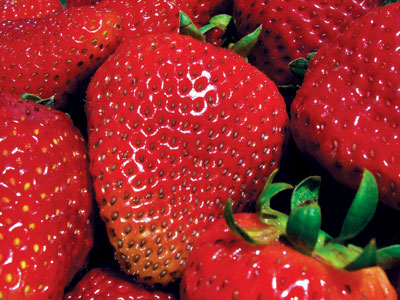All Nonfiction
- Bullying
- Books
- Academic
- Author Interviews
- Celebrity interviews
- College Articles
- College Essays
- Educator of the Year
- Heroes
- Interviews
- Memoir
- Personal Experience
- Sports
- Travel & Culture
All Opinions
- Bullying
- Current Events / Politics
- Discrimination
- Drugs / Alcohol / Smoking
- Entertainment / Celebrities
- Environment
- Love / Relationships
- Movies / Music / TV
- Pop Culture / Trends
- School / College
- Social Issues / Civics
- Spirituality / Religion
- Sports / Hobbies
All Hot Topics
- Bullying
- Community Service
- Environment
- Health
- Letters to the Editor
- Pride & Prejudice
- What Matters
- Back
Summer Guide
- Program Links
- Program Reviews
- Back
College Guide
- College Links
- College Reviews
- College Essays
- College Articles
- Back
Dumpster-Divers MAG
Did you know that from vegetables to furniture, you can find most of the things you need to live for free? Sound like a joke? Well, for a growing community in North America, this is reality.
Freegans, named from the words “free” and “vegan” (although not all freegans are vegan) are those who buy as little as possible and instead dumpster-dive at restaurants and supermarkets or forage in the wild for food, medicinal herbs, clothing, and furniture. Some freegans squat in vacant buildings instead of renting. Some use vegetable oil or biodiesel to fuel their cars, but most bike, walk, or use public transit instead of owning a vehicle. Communities of freegans share tools, bikes, and vegetable gardens. It only makes sense that some freegans, instead of working, volunteer. New York City is the freegan capital of the world, with a population of 400 to 500.
Many freegans dumpster-dive not because they have to – they do it to make a political statement against the exploitation and excesses of capitalism. For example, in the United States, 100 billion pounds of the country's 350 billion pounds of edible food is thrown away each year. According to EcoKids.ca, “North America only has eight percent of the world's population, but consumes one third of the world's resources and produces one half of the world's garbage.”
Unfair treatment of workers, factory farming, destruction of wildlife, global warming, and starvation are just a few of the negative consequences that capitalistic overconsumption has on the world. “Freegans seek to prevent waste by reclaiming, recovering and repairing available resources rather than generate new profit,” says Adam Weissman, founder of freegan.info.
Not only do freegans live without spending in the capitalist world – and thus boycott corporations – they also learn skills and values among freegan communities. Movements like Food Not Bombs uses food reclaimed from the trash to cook meals for anyone in need.
Freemarkets, free stores, and websites such as Freecycle and the free section on Craigslist are places where people give away or swap items that would otherwise be thrown away. Living beyond the competitive capitalist society, freegans can truly live sustainably and with respect for the earth.
As evidence of the dark side of capitalism becomes more and more common, freeganism grows. Websites such as trashwiki.org, dumpsterdiving.meetup.com, freegan.info, harvestr.org, and frigan.no connect freegans around the world and teach them skills in the art of dumpster-diving.
When you purchase a product, you are often paying for the deforestation, loss of wildlife, greenhouse gases, or child labor that helped it along its life cycle – except if you are a freegan.

Similar Articles
JOIN THE DISCUSSION
This article has 3 comments.
